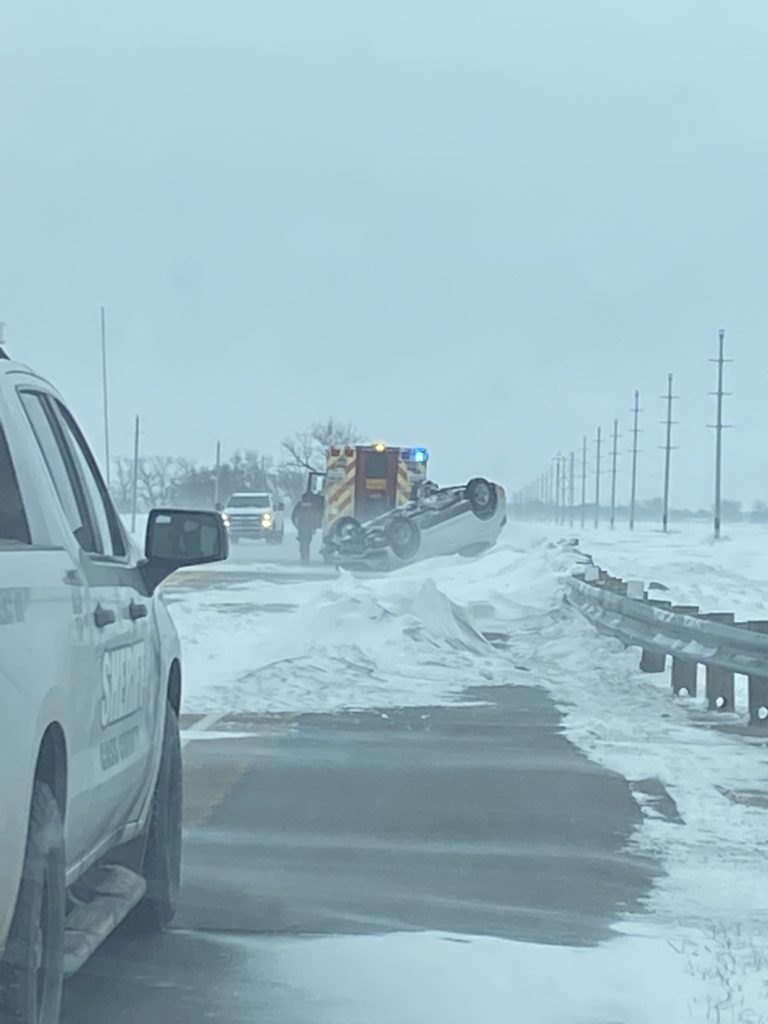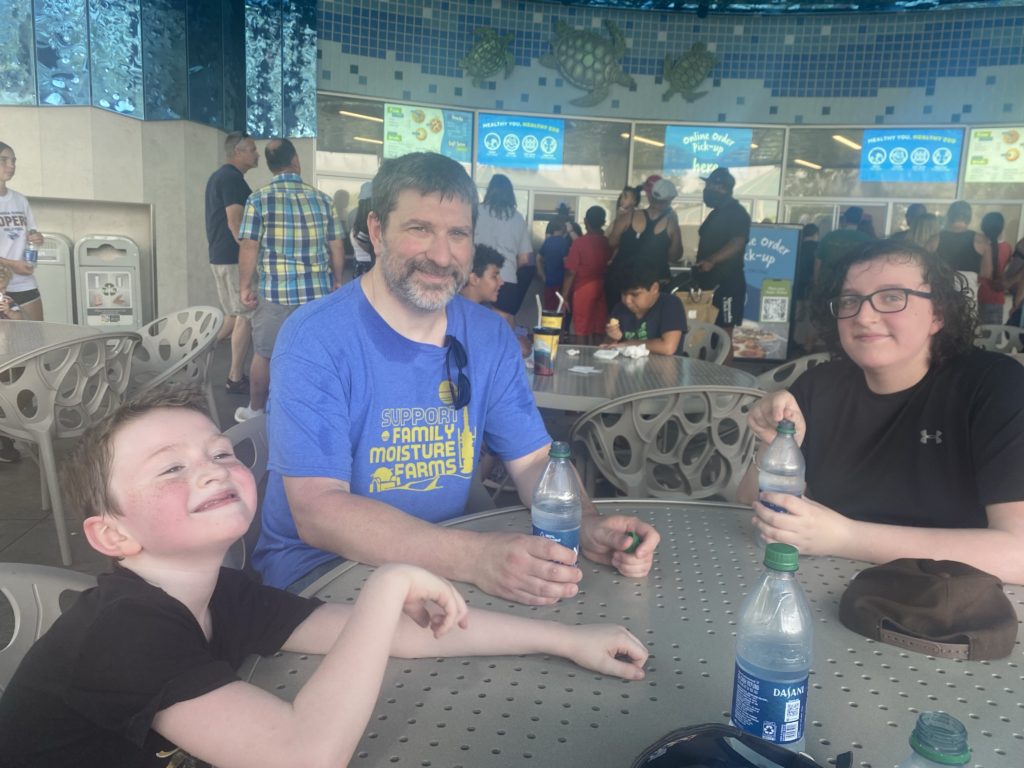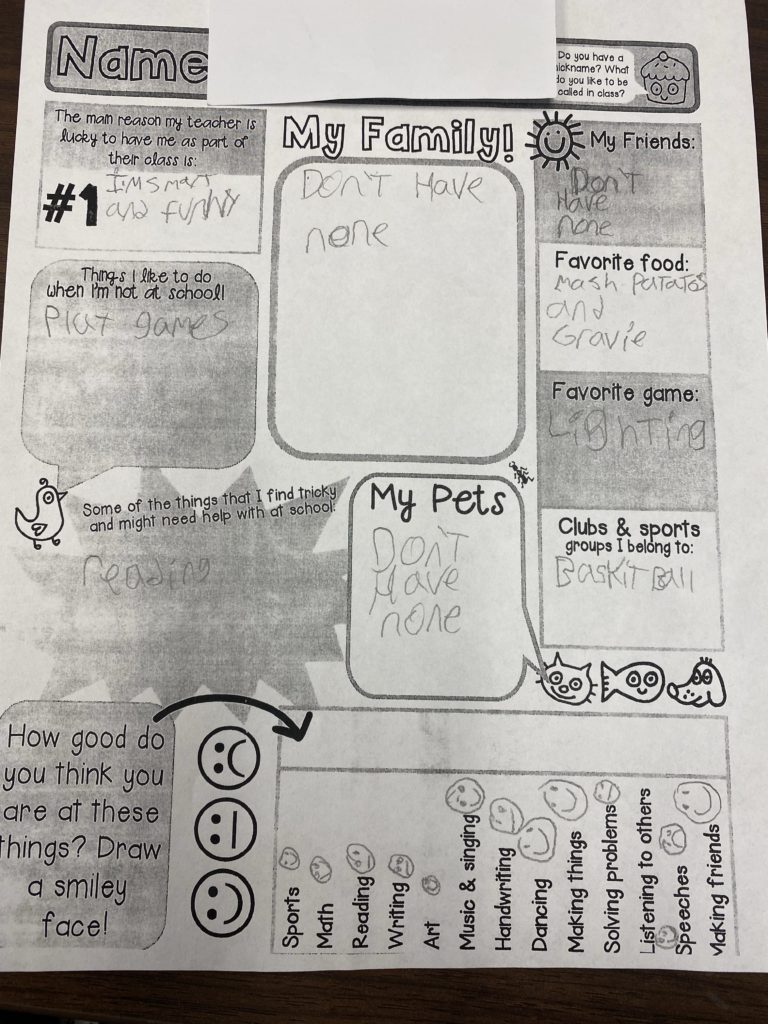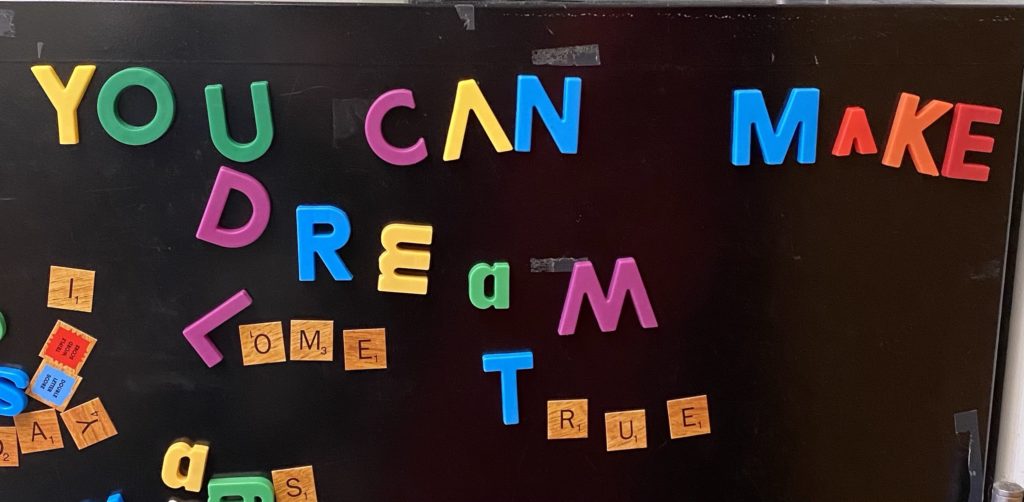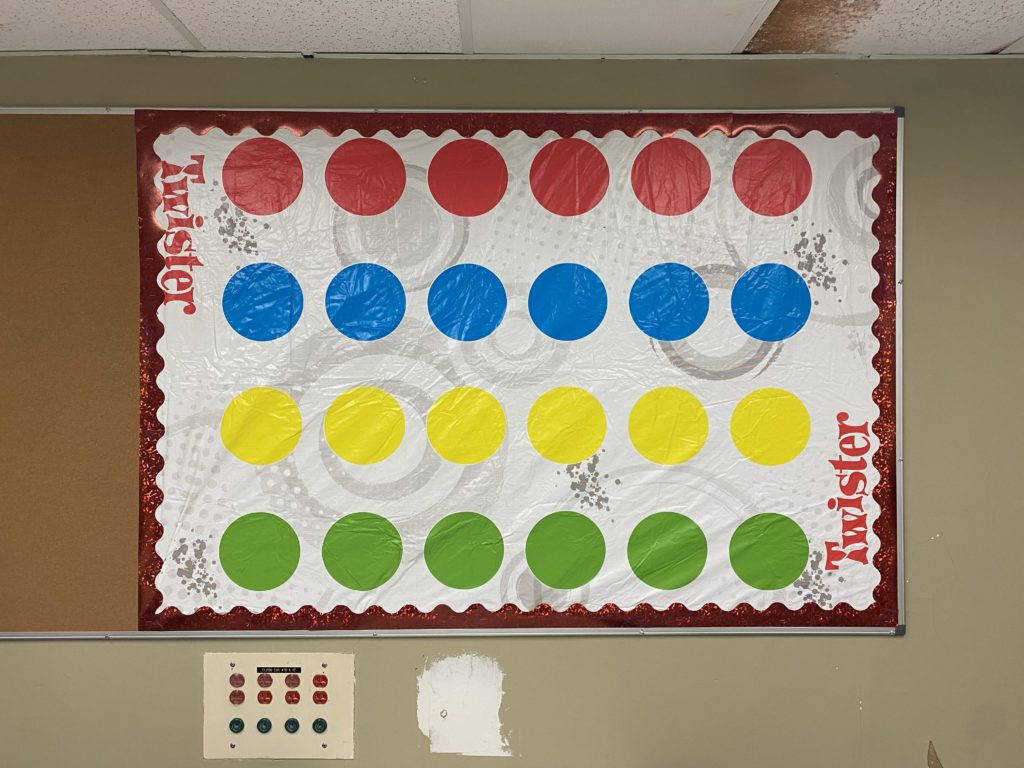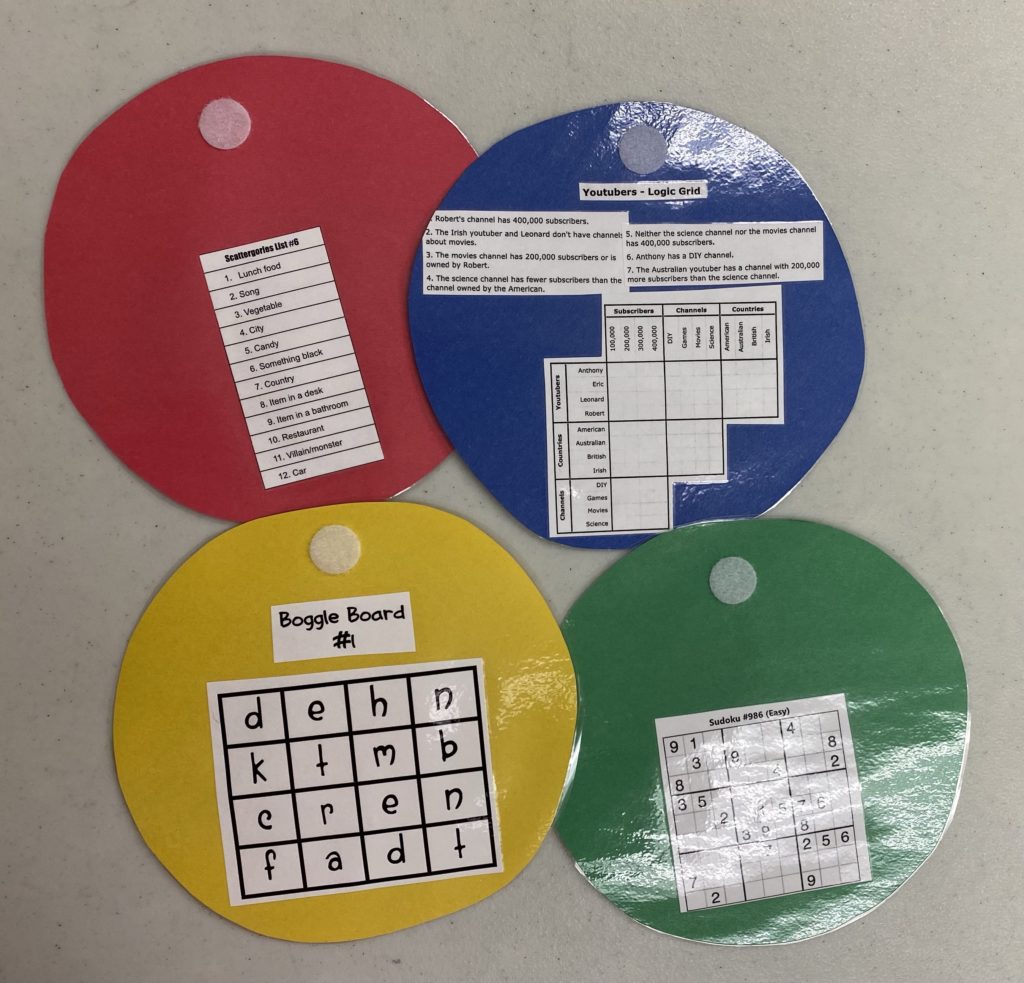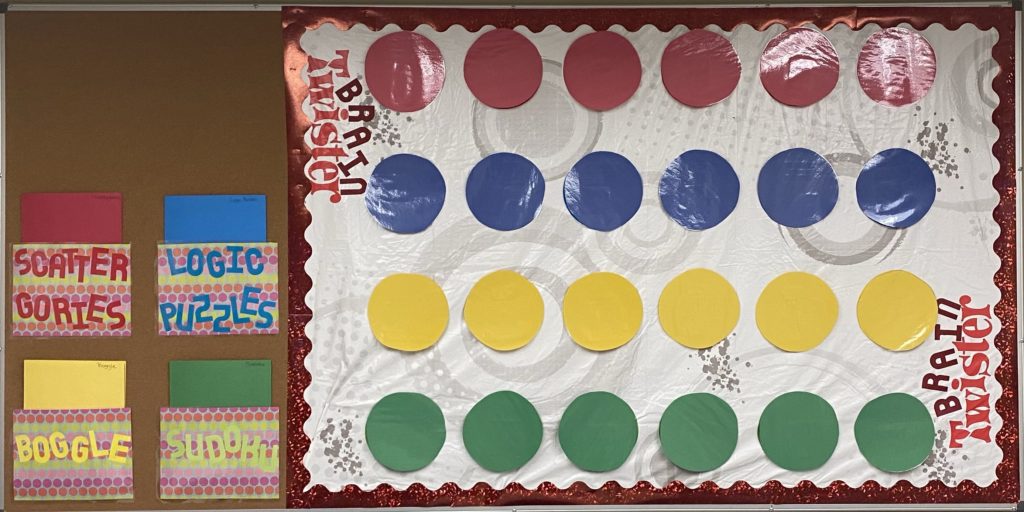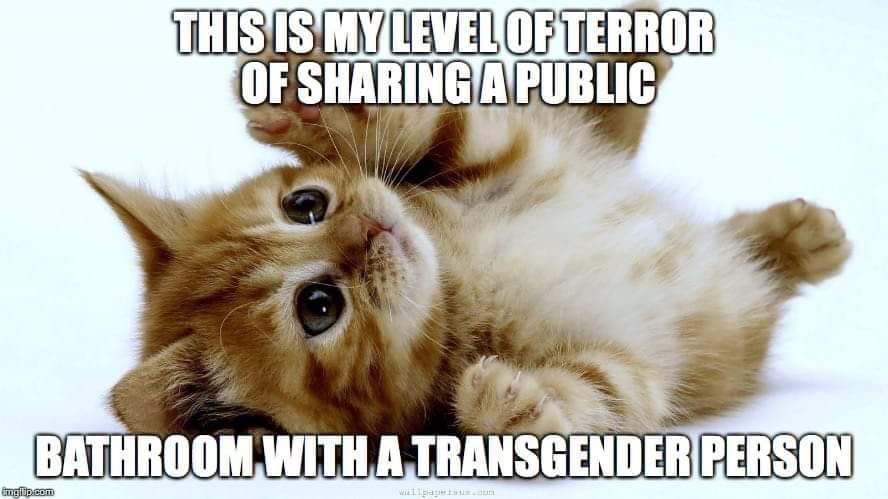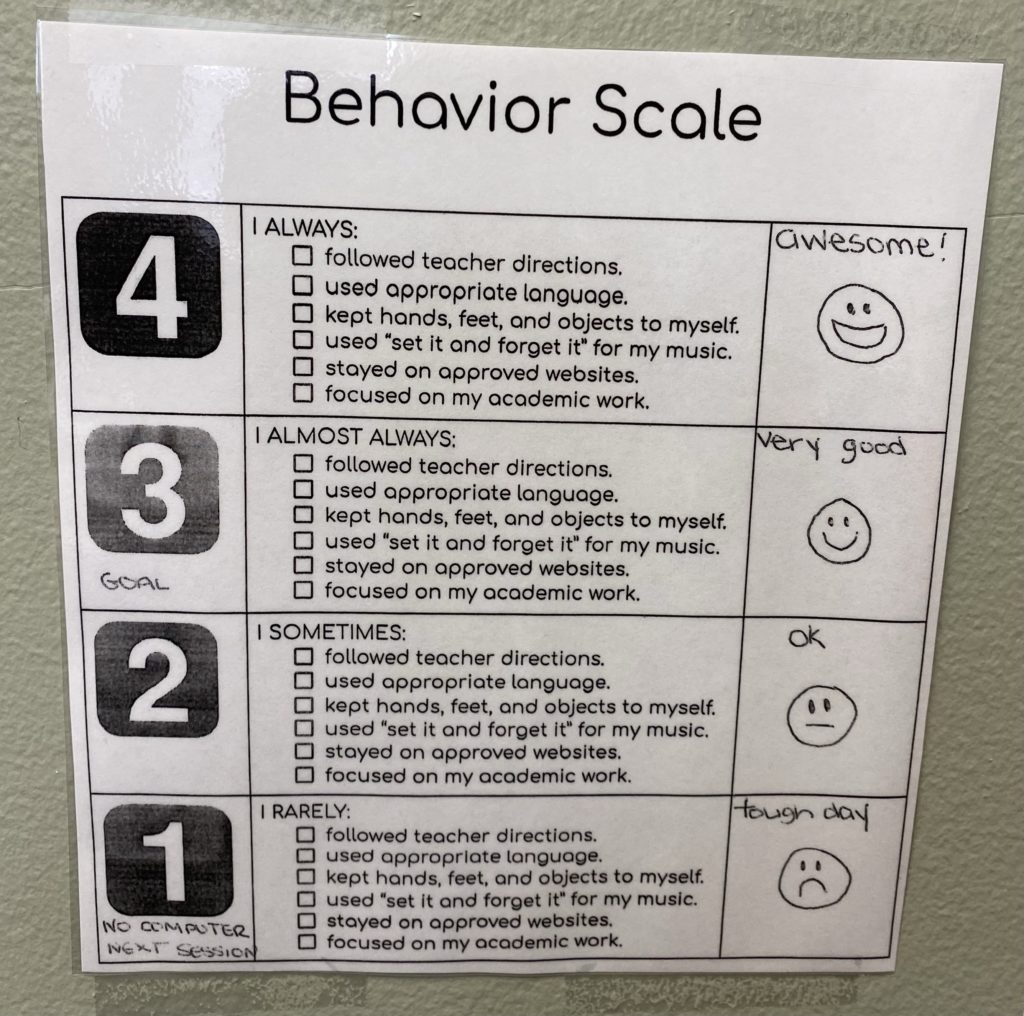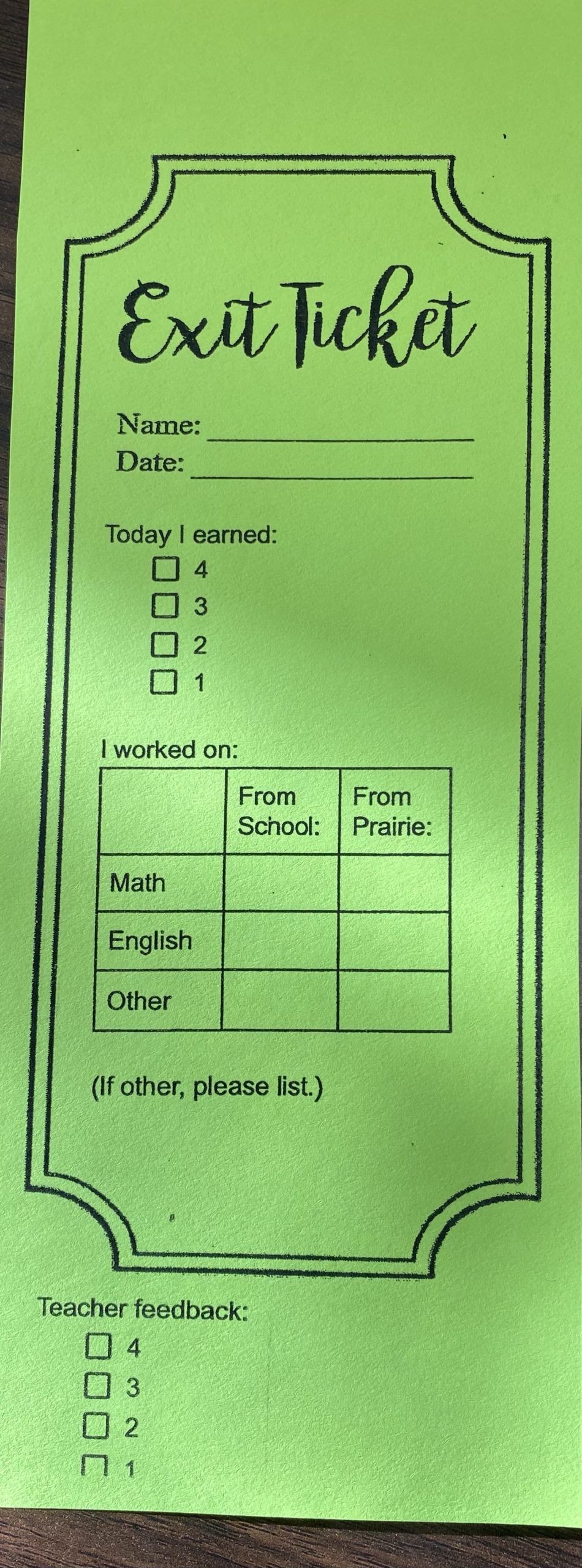I sit and rock in Grandpa’s chair. The room I spent so many hours in with him as a child is much smaller than it looks in my memories. The tears freely stream down my face. My hero, the greatest man I’ve ever known, is dying tonight.
I go back to your bedside and stroke your frizzy grey hair. Everyone always says Harris looks so much like his dad, but I think he looks so much like you. My mind flashes to decades-old pictures of you with your curls and I can’t help but smile a bit.
It is in this same room where you now lay dying that we told you and Grandma that you were going to be great grandparents. Next to our moms, you were hands down the most excited. I remember you calling my mom right after we told you and the look on your face during that phone call is forever etched in my memory and on my heart.
It is in this same room where a framed crochet of your last name hangs. Lien. I remember the time I noticed that backwards, it spells Neil. Again my mind’s image shifts to how much my Harris Neil is like you.
It is in this same room, in this same space, that my mom—your daughter—also took her last breath. How I wish that she was here to comfort me right now. How thankful I am that she is not here because her heart would be broken, too.
I hold your hand. I remember dancing with you at my wedding. I picked “The Way You Look Tonight” by Tony Bennett for us to dance to. I remember the way you looked that night. So proud. So handsome. So much my hero.
I remember growing up I always said if I could meet a man as patient as my grandpa, that’s who I would marry. That’s who I did marry. Because you were my example of what a real man should be. I don’t know how you were simultaneously the strongest and softest person in the room, but you were, and you were always my soft place to fall.
I watch you take your last breath. I sob from a depth of my soul I rarely feel. You are at rest. Your work here is done. You are home.
I drive home with my family. I collapse into bed. I sleep hard.
It’s morning and I’m awake but my eyes are sealed shut. Maybe from last night’s sobs. Perhaps because I’m not yet ready to see the first day of my life that you are not in. Most likely a combination of both.
After several minutes I decide it’s time to see this new version of my world. It’s a little darker, a little harder, but I will be okay. Because Grandpa, you taught me how to be both strong and soft at the same time. You showed me love, kindness, and patience every day of my life. You believed in me, you were proud of me, and you loved me ferociously.
I will love you and miss you forever. Thank you for being my grandpa.

